An analysis of Tanzanian households’ energy choices
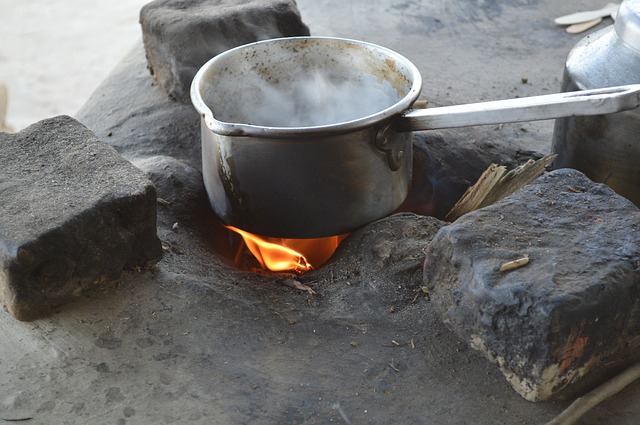
Closing the energy gap and ending energy poverty are explicit targets of the global agenda. In this blog post, Johanna Choumert-Nkolo, explores the nature of household energy use in Tanzania in the context of the energy ladder and stacking (fuel mixing) hypotheses.
Sustainably Reducing Energy Poverty
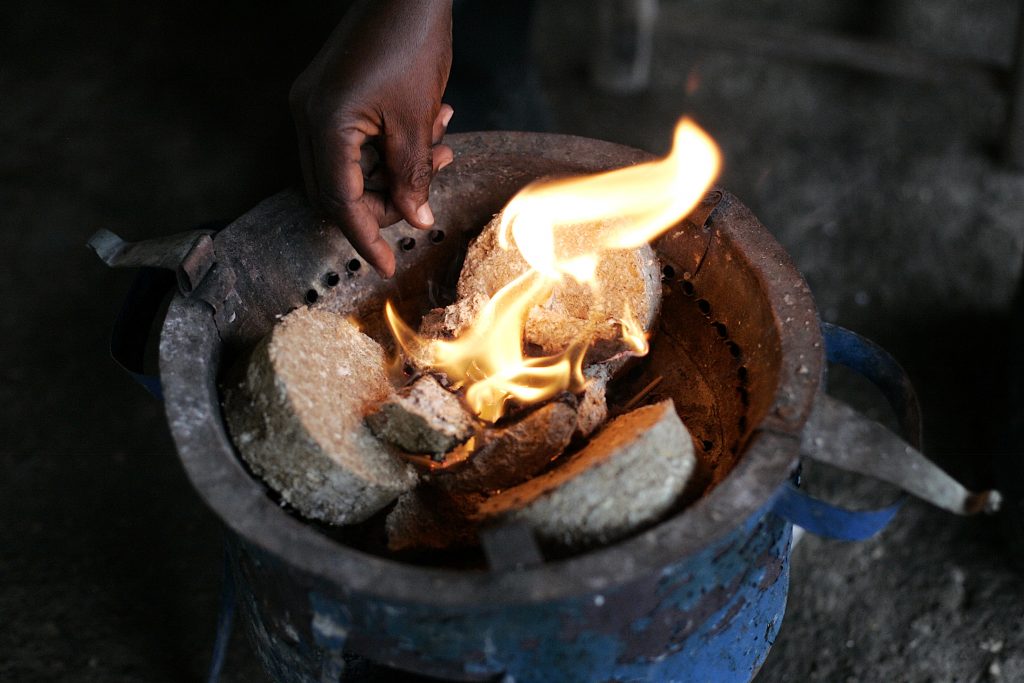
Bold action to end energy poverty could deliver massive benefits for human settlements and ecosystems…
Views from Research No. 12 | Firm and Establishment Surveys in the Field

In this most recent post in EDI’s Views from Research blog series we explore the challenges faced and appropriate solutions when implementing firm surveys and how they differ from household surveys.
Views from Research No. 11 | What is Data Quality?

At EDI, we strive to provide the highest data quality by using and contributing to international best practices for questionnaire design, sampling, interviewer training, quality control, monitoring of paradata, etc.
Views from Research No. 10 | Randomising Within-Household Respondent Selection
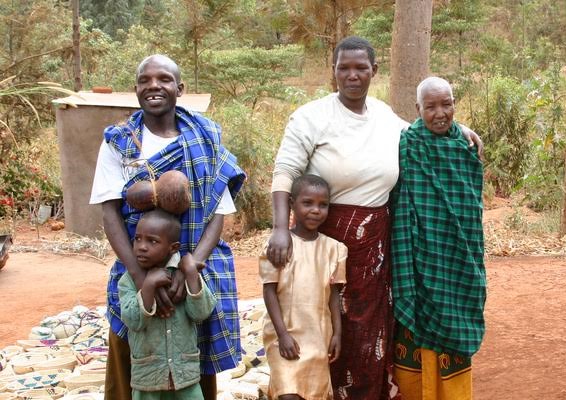
Collecting high quality data in developing countries is a crucial challenge for monitoring and assessing development policies…
EDI Research Team complete “Protecting Human Research Participants” training course

We are pleased to announce that all of our key research personnel have now completed the National Institutes of Health (NIH) Office of Extramural Research training course “Protecting Human Research Participants”.
My Internship at EDI so far

Elena Perra joins us from the Erasmus+ per traineeship programme ran by the University of Florence of which EDI is a non-academic partner. Read Elena’s blog post about her first few months at EDI…
Call for applications: GLODEP intake for 2018-2020 has launched!
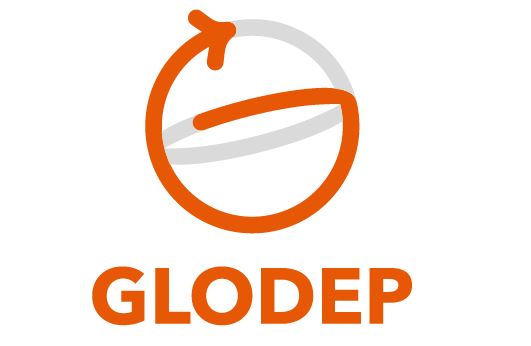
EDI is an international consortium partner for the Erasmus Mundus Joint Master Degree in International Development Studies (GLODEP) – a two-year multidisciplinary master programme in development studies, with an economic grounding and policy perspective. The application for the 2018-2020 intake has now opened.
Does loss of a father have a greater impact on a child’s self-esteem than loss of a mother?
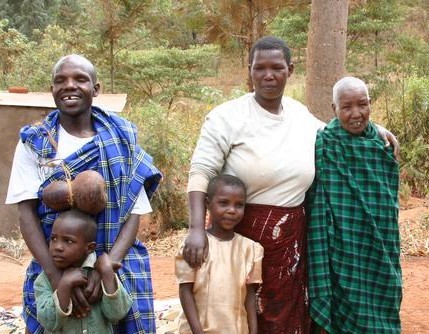
The publication of Orphanhood and Self-Esteem: An 18-Year Longitudinal Study From an HIV-Affected Area in Tanzania by Joachim De Weerdt, Kathleen Beegle and Stefan Dercon, brings the total number of research papers published based on the data documented from the Kagera Health and Development Survey (KHDS) to 110.
Views from Research – No. 10 | Tackling non-standard units with Computer-Assisted Personal Interviewing (CAPI)

Most of us can recall, relatively accurately, the quantities of consumption items we purchase; a kilo of sugar or a litre of milk. However, in many surveys in developing countries, quantities are expressed in non-standard units; such as ‘small heap of tomatoes’ and ‘medium bunch of bananas’. This leads to ambiguous item-unit combinations which are then subject to individual interpretation of what constitutes ‘small,’ ‘medium’, ‘large’.